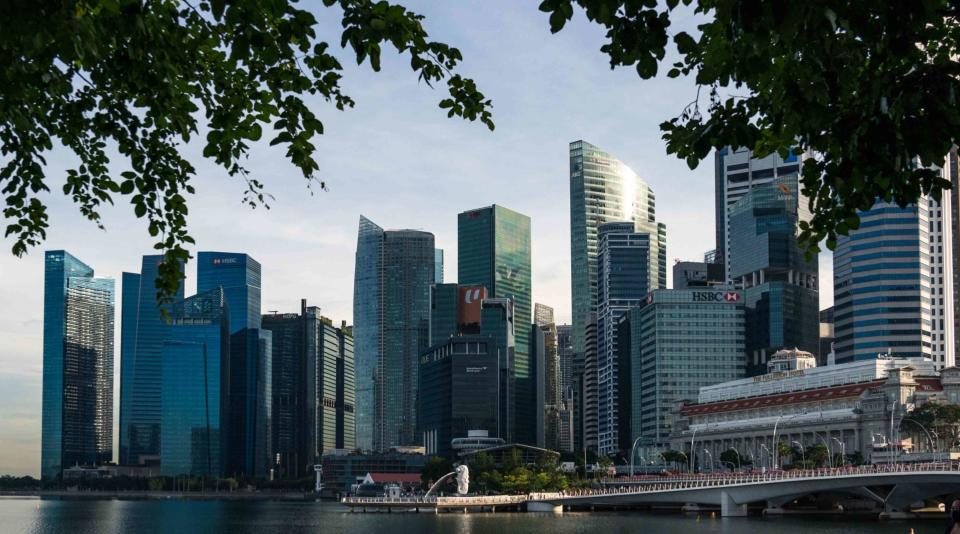Time to reshape Singapore's tax incentives and grants regime: Deloitte's budget recommendations

Ahead of the highly anticipated OECD’s tax avoidance initiatives, Deloitte recommends fiscal subsidies for large enterprises.
Deloitte Singapore has put forward recommendations for the Singapore Budget 2024, in anticipation of a landmark year for international tax reform, marked by the implementation of the Organisation for Economic Co-operation and Development (OECD)’s tax avoidance initiatives.
Deloitte has recommended the consideration to reshape Singapore's tax incentives and grants regime, as the Global Anti-Base Erosion Rules (GloBE) rules, which impose a 15% tax on large multinational enterprises wherever they operate, come into effect.
“The introduction of new fiscal subsidies, such as refundable tax credits, should be considered to enable Singapore’s tax incentives to continue to foster an environment conducive to investment,” notes the Dec 26 release.
Deloitte highlights Section 10L of the Income Tax Act 1947, a new law that will be effective from 2024 aimed at aligning Singapore’s rules with international standards on the taxation gains from the sale of foreign assets, especially those guidelines laid out by the EU code of Conduct Group.
“Our recommendation aims to not only smoothen the teething issues expected with the start of a new law, but also to sharpen the tool of using economic substance requirements as a key lever to ensure tax-favourable outcomes,” says Loh Eng Kiat, tax partner of Deloitte Singapore.
Loh notes that deferring income tax collection when foreign assets are transferred between related Singapore entities pursuant to internal group restructuring situations can also help minimise fiscal strain.
Furthermore, Deloitte anticipates the announcement of new incentive tools such as Qualified Refundable Tax Credits (QRTCs) in the upcoming budget. If designed and implemented well, QRTCs could offer substantial support to businesses, ensuring that while we uphold our commitments to a fair minimum tax rate, says Yvaine Gan, global investment and innovation incentives leader of Deloitte Singapore.
“These proactive measures highlight our dedication to a balanced and resilient economic framework, allowing Singapore to confidently navigate the complexities of the global economic landscape while fostering sustainable development and inclusivity,” she says.
Deloitte has also raised its focus on green financing within the budget, to address sustainability and climate issues. Notably, the firm’s strategy aims to promote environmentally friendly business practices and accelerate investments in renewable energy.
Deloitte’s recommendations also bring forth the need to further Singapore’s ambition to be a leading financial services hub in Asia and destination for top global talent, and for the government to pay attention to the needs of society.
See Also:
Click here to stay updated with the Latest Business & Investment News in Singapore
IPO activity strong in Southeast Asia, Singapore sees slowdown: Deloitte
Get in-depth insights from our expert contributors, and dive into financial and economic trends

 Yahoo Finance
Yahoo Finance 